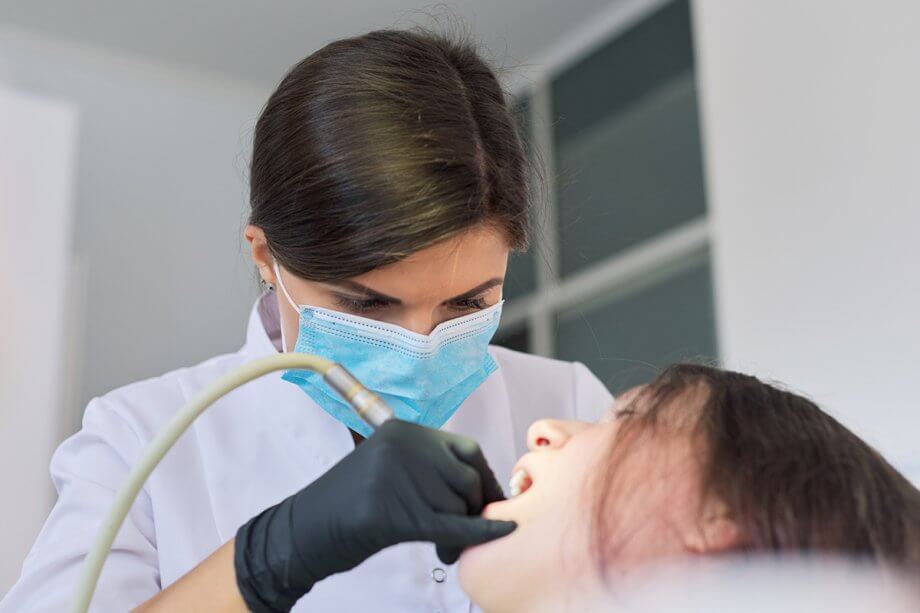While sedation dentistry is safe for seniors, certain medical conditions may give cause for caution.
Many patients of all ages feel anxious about going to the dentist. They may have sensitive teeth, a low pain tolerance, or a prior negative experience that causes them to feel nervous about their procedure.
Sedation dentistry aims to reduce patients' anxiety by helping them relax during procedures. Senior citizens and their caregivers may be interested in sedation dentistry to make appointments less stressful.
While sedation dentistry is safe for most age groups, senior citizens and their caregivers have special concerns. This article will explain the types of sedation we provide and which special medical concerns to consider.
Benefits of Sedation Dentistry
- Significantly reduces anxiety
- Allows surgeons to accomplish more in one appointment
- Makes appointments feel shorter
- Helps patients who have trouble with the various sounds, smells, and sensations of dental work
- Reduces gag reflex
Types of Dental Sedation We Offer
Nitrous Oxide
Nitrous oxide is an inhaled medication that produces a feeling of euphoria and relaxation. The medication also helps with pain relief. The medication is safe for most patients in all age groups.
One of the advantages of nitrous oxide is that it wears off so quickly that patients can drive themselves home from their appointment.
IV Sedation in Our Office
We can give IV sedation in our office. An IV line delivers medication directly to the patient's bloodstream, producing a sleep-like state. The patient will not be aware of what happens during the appointment and will not remember it afterward.
IV sedation is useful for patients with extreme dental anxiety or trouble sitting still. Seniors with special needs may benefit most from IV sedation.
General Anesthesia in the Hospital
Our surgeon may perform complex procedures in a hospital setting. Patients with heart disease, lung conditions, and other medical special needs should also receive hospital monitoring whenever they undergo sedation.
Medical Conditions That May Interfere With Dental Sedation
- Heart Disease: Patients with existing heart disease should receive special monitoring in the hospital.
- Lung Conditions: Sedatives can cause respiratory depression. If you have chronic bronchitis, COPD, or other lung conditions, disclose these to your dentist. You may be able to receive general anesthesia in a hospital setting.
- Sleep Apnea: People who suffer from sleep apnea may have negative reactions to sedation. If you have sleep apnea, talk to your doctor about whether you should receive sedation.
- Liver and Kidney Disease: Patients with these disorders should be aware that they can interfere with metabolizing sedative medications.
Contact Costello Oral Surgery Associates
Sedation dentistry is safe for most seniors. As with any medical concern, seniors should speak to their primary care physician about whether dental sedation is appropriate.
Contact us at one of our New Jersey locations to inquire about our sedation dentistry options for seniors and how we can help you stay comfortable and relaxed during your next procedure.

